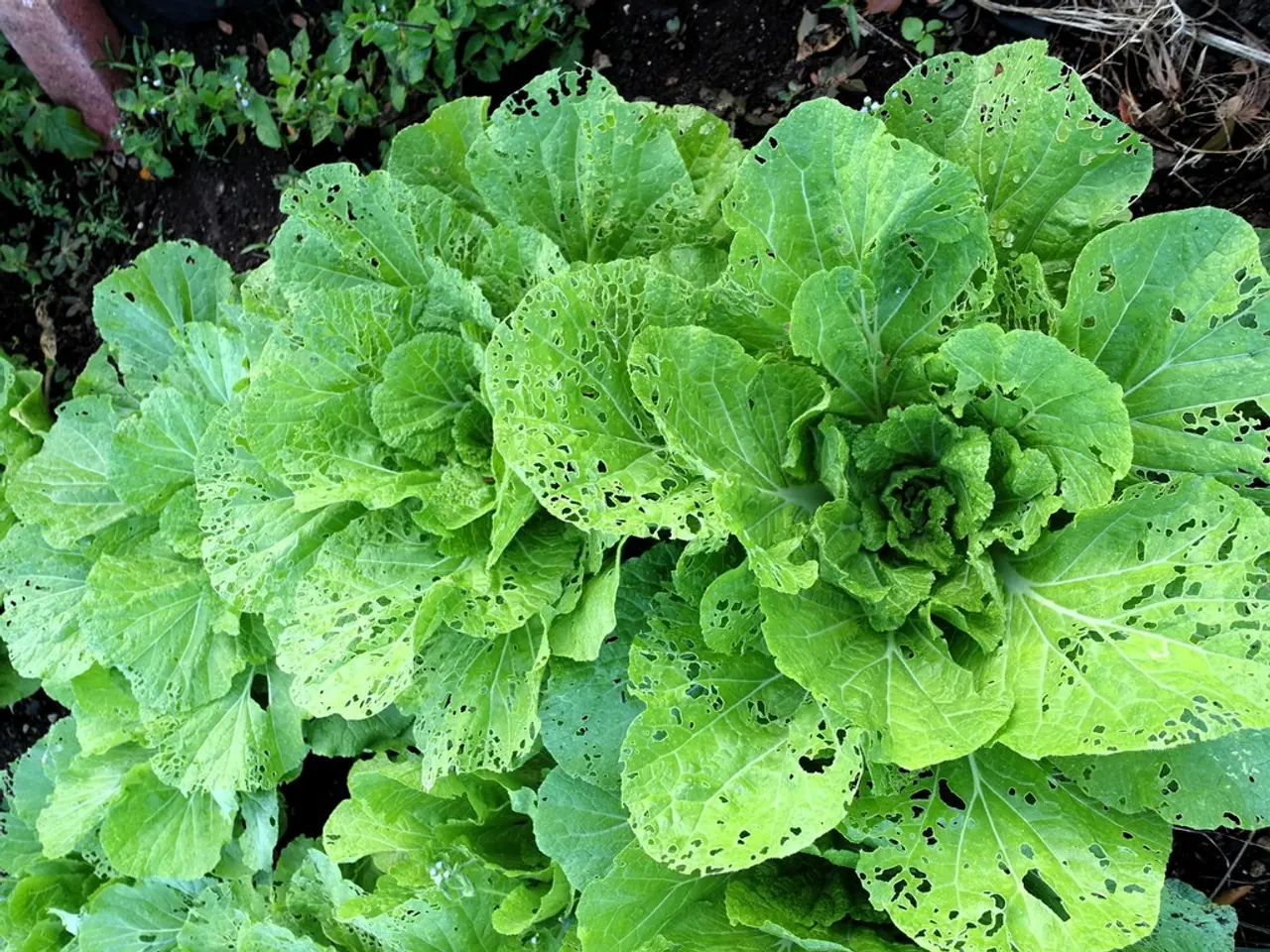Contamination Alert: Two Varieties of Spinach Found Laden with Pollutants
In a recent test conducted by German consumer magazine Öko-Test, several brands of frozen spinach were found to contain elevated levels of nitrite and lead, raising concerns about the potential health risks associated with these contaminants.
Nitrite, a compound that forms from nitrate, is a concern due to its potential to form carcinogenic nitrosamines in the body. This conversion is particularly likely when spinach is improperly stored or processed. While dietary nitrates and nitrites can have cardiovascular benefits by lowering blood pressure, excessive intake can lead to harmful nitrosamines.
Lead, on the other hand, is a toxic heavy metal that can affect multiple organ systems. Even at low exposures, it can be harmful, especially for children and unborn babies. Lead accumulates in the human body, mainly in bones and teeth, and long-term intake can have serious health consequences.
In the test, nitrite and lead were particularly critically assessed. Öko-Test found health-endangering substances in "significantly increased" amounts in two well-known supermarket products, resulting in a rating of 6 ("inadequate") and failing the test completely. Traces of the toxic insecticide Lambda-Cyhalothrin were also detected in the Frosta cream spinach.
Out of 22 brands of frozen cream spinach tested, only four products received the top rating. The Frosta cream spinach, however, had a low spinach content of only 66 percent and "significantly increased" nitrite levels.
Pesticide residues were also found in several products, including the problematic substances Lambda-Cyhalothrin and Spinosad. Öko-Test criticized the contamination with cadmium in some frozen cream spinach products, with amounts found exceeding the spinach limit by more than half.
Despite these findings, spinach remains a nutritious food, containing a lot of iron. However, Öko-Test recommends eating spinach no more than once a week, especially for children, due to the danger of nitrite.
For detailed brand names from Öko-Test's report, readers are advised to visit the official Öko-Test website or related news reports. The detailed test report can be found at this link.
[1] Nitrate and nitrite in food: sources, metabolism, and toxicity
[2] Nitrite and nitrosamines in food: a review
[3] Nitrate and nitrite in food: sources, metabolism, and toxicity
[4] Nitrite toxicity in humans
[1] The elevated levels of nitrite and lead found in frozen spinach by Öko-Test raise concerns about the potential health risks associated with these contaminants, particularly nitrite's potential to form carcinogenic nitrosamines in the body.
[2] In the body, nitrite can be harmful due to its conversion into nitrosamines, a process more likely when spinach is improperly stored or processed. Although dietary nitrates and nitrites can offer cardiovascular benefits by lowering blood pressure, excessive intake can lead to these harmful nitrosamines.
[3] Lead, a toxic heavy metal, is another critical contaminant detected in the tested frozen spinach. Even at low exposures, lead can be harmful, especially for children and unborn babies, and can lead to serious health consequences with long-term intake.




